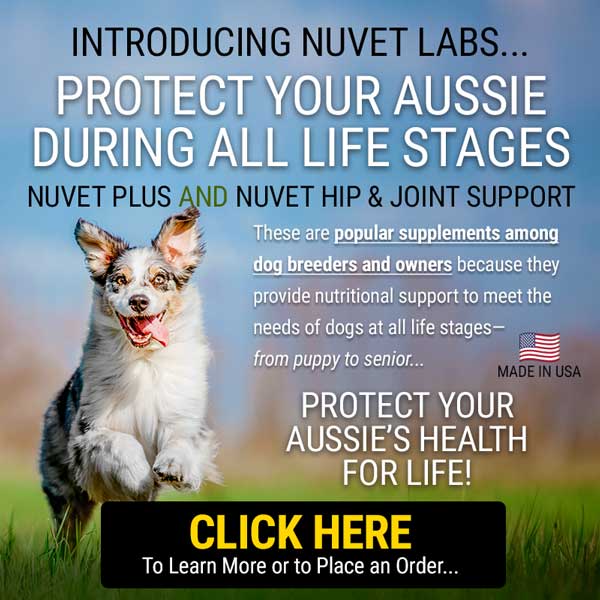
What Causes Dog Farts And What Can You Do About Them?

Oops, I did it again.
Ah, yes. The family is gathered 'round the telly for movie night, everyone is cozy, popcorn is within reach and the dog is sleeping at your feet. All is well.
Then suddenly it hits your nostrils like a freight train. Everyone looks to each other to find the culprit while claiming innocence. Yes, the dog has released yet another "silent but deadly" concoction.
Dog farts, or dog flatulence, is common and natural. It is also normal—unless it's not.
There can be many reasons for dogs farting, just as for people. Some causes for your dog's gas may require the attention and advise of your veterinarian and can indicate a serious medical condition.
While many dog farts are odourless we have to be more concerned about those that are particularly smelly and frequent.
What Causes Dog Farts?
There are a number of reasons why a dog might generate excess gastrointestinal gas. One common reason for dogs farting is that they simply gulp down air when they eat because they are trying to eat too quickly. The air that is swallowed has to come out somewhere. If they don't burp the air out you know what is going to happen. If your dog eats this fast you can take measures to slow them down. See below.
If they are not swallowing the air directly the gas is often being generated due to conditions in the gastrointestinal tract. This can be due to diet, disease or even parasites. So it is definitely recommended that you take your dog to the vet if only to eliminate some of the more dire causes.
Of course, diet is one of the biggest contributing factors. Dogs, like humans, rely on bacteria in the stomach to break down foods so they are in a form usable by the body. This process results in fermentation and the production of gases. Dog farts contain the normal gases found in our atmosphere like nitrogen and oxygen but the fermentation gases of carbon dioxide, hydrogen, methane and especially hydrogen sulphide result in those unbearably stinky noxious fumes.
Since gases can be created during the digestion process you need to consider what you are feeding your dog in the first place. Lower quality foods that contain excess corn, soy, starches and carbohydrates, that only help your dog feel more full, are well-known causes of excess gas.
Among the more serious causes of dog farts are pancreatitis, malabsorption syndrome, liver disease and food allergies and intolerances such as for diary products containing lactose. So while your dog may love cheese it may be best to avoid until you can determine if this is a factor for flatulence with your dog. Your vet will be needed to diagnose or eliminate these potential causes.
When the bacterial flora of the intestines is out of whack, dairy intolerance or parasites can also result in diarrhea which, unlike the occasional bout of flatulence, is difficult to find much humour in. Diarrhea itself can result in dehydration and can be a harbinger of serious illness. As always, consult your vet.
How To Reduce Dog Farting?
You are not likely going to be able to eliminate the flatulence entirely but there are certainly ways to reduce it—depending on the cause.
If they are eating too fast you can use a special dog food slow feed bowl. These bowls have structures that force your dog to slow down while eating and might be worth a try. If they are eating too fast because other dogs are nearby you can try feeding them separately to reduce competition.
Feed a high quality food with less corn and soy fillers. This is just generally better for your dog. While some may balk at the cost of higher quality foods one has to consider that since they are more nutrient rich you may be able to feed less and, as a bonus, the digestion process will produce less gas and fecal matter.
Avoid giving your dog table scraps with sulpher-rich foods that cause gas like broccoli, beans and cabbage as well as dairy products like cheese and milk (other than yogurt).
As mentioned, when the bacteria in the digestive tract have gotten out of balance there is often diarrhea accompanying the flatulence. While there is less evidence than we would like an often used remedy is probiotics. These live bacterial cultures can be found in many yogurts. Just check the label to be sure.
In addition to feeding a better quality food and fewer gas inducing foods you might also try feeding your dog smaller amounts but more often.
Of course, when parasites are involved you will need to get your dog proper treatment. So, again, see your vet and get that dealt with as soon as possible.
Here is a suggestion for reducing dog farting that is often overlooked. Exercise. Even just a walk will help move things around and keep digestion on track. If it doesn't help to reduce the amount of gas, think on the bright side—at least the gas produced will be released in the great outdoors instead of in your home.
There are also supplements like those containing charcoal, Yucca schidigera and zinc acetate that may not eliminate dog farts but have been demonstrated to reduce the smelliness factor significantly.
Have Dog Training Questions?
Check out these introductory dog training videos...
I want my dog to stop being aggressive.
I want some help training my new puppy.
I want my dog to stop barking at everything.
Get Australian Shepherd Info, Website Updates, Special Offers, and Cartoons...
FREE GIFT
You'll also receive a free copy of the ebook
My Everyday Dog Training Tools
by professional dog trainer Daniel Abdelnoor, "Doggy Dan"









 Loading Image...
Loading Image...